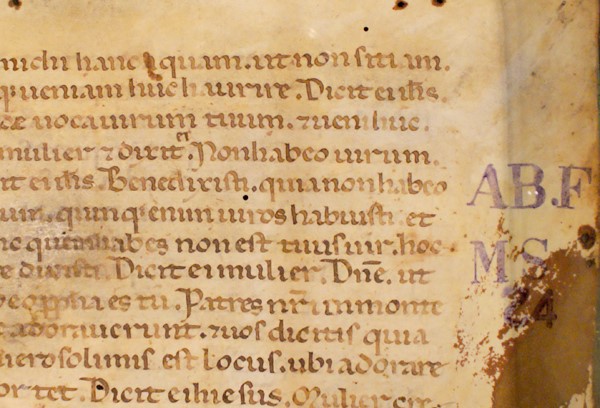Translating does not consist only in pouring a content from one language to another one. It also means transmitting the effect that a content should produce in the reader and moreover in different worlds and cultures; here is where its great problem is hidden.
Languages are the vehicles of expression of real worlds, very different from each other and, for this reason, the search for equivalent terms between one language and another is particularly complex; some obstacles become more insurmountable when the two cultures are far from each other. In some cases the distance is such that the translator is obliged to intervene, with greater or lesser success, to obtain with his readers the same effect, or at least an equivalent effect, of that intended by the author.
In this sense, the translator is essentially a mediator between interlocutors who cannot establish direct contact between each other because of the barrier imposed by the language and he acts as a channel of communication between those who produced the original text and their readers in the target language, as a way that facilitates and encourages cultural transfer.
Written by Jesse Colzani


